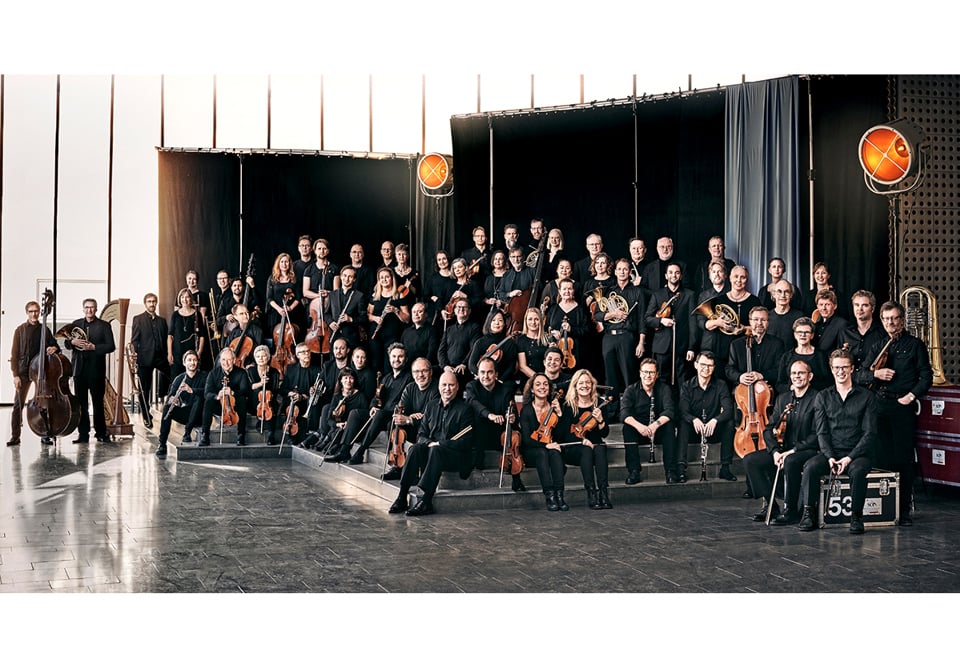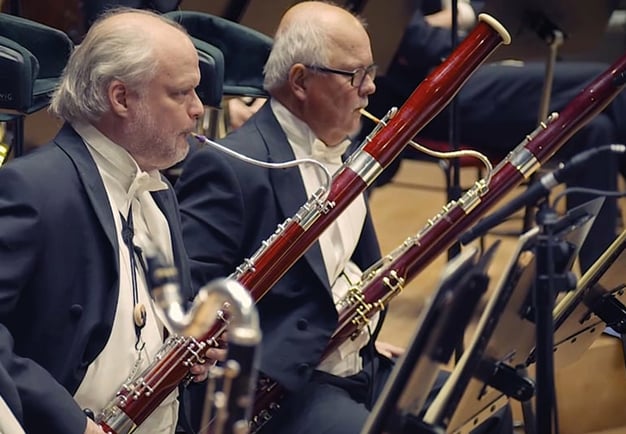Beethoven’s Emperor Concerto
Norrköping Symphony Orchestra performs Beethoven’s and Tchaikovsky’s Pathétique symphonies.
When Beethoven moved to Vienna, his first breakthrough was as a pianist. Audiences were taken by his lightning-fast technique and improvisational ability. The five fantastic piano concertos are central among his works for piano. The Emperor Concerto, the fifth and last, was composed in Vienna in 1809, the year that Napoleon pursued the fleeing Archduke Rudolph of Austria for the second time.
Its title, the Emperor Concerto, refers to the majestic first movement which begins with powerful orchestral chords, and masterful arpeggios and runs across the entire keyboard. In contrast, the second movement has an inward-focused nature with an almost improvisational solo section, while the finale is an energetic, dancing and jubilant rondo which Beethoven charged with contrasts and powerful passion. The soloist is the highly acclaimed and award-winning French pianist Jean-Efflam Bavouzet, here in his debut at Konserthuset Stockholm.
Russian conductor Michail Jurowski will then lead the Norrköping Symphony Orchestra in a well-known repertoire, and this will be Jurowski’s debut at Konserthuset Stockholm. Powerful emotions flood Tchaikovsky’s sixth and final symphony, which is one of his most beloved. The composer wrote in a letter to his brother Anatol: “I am now fully entrenched in the new work and I find it difficult to pull myself away from it. I believe it will be one of my best works. I must complete it as soon as possible.” It was his brother Modest who suggested the name Pathétique, of which Tchaikovsky approved.
-
The music
Approximate times -
Ludwig van Beethoven Piano Concerto No. 5 "Emperor"37 min
-
Encore:
-
Gabriel Pierné Etude de concert for piano4 min
-
Intermission25 min
-
Pyotr Tchaikovsky Symphony No. 6 ’’Pathétique’’46 min
-
Participants
- Norrköping Symphony Orchestra
- Michail Jurowski conductor
- Jean-Efflam Bavouzet piano




